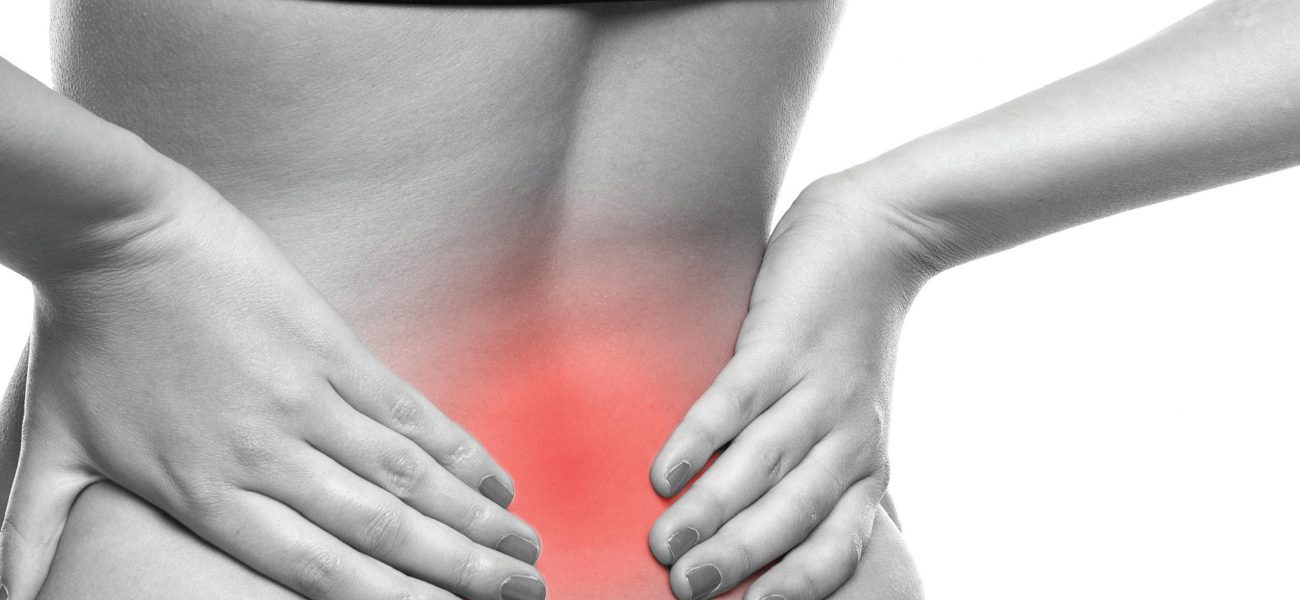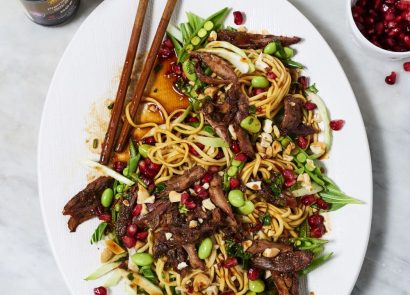The inflammatory response is the basis of a healthy and strong immune system, and inflammation is a natural part of exercise. After a hard workout, our immune system activates cells to attack the injured area to increase blood flow, produce swelling and stimulate nerve cells that cause pain. Without this response we would not progress in our fitness journey – be that towards increased stamina or strength, improved workout capacity or hypertrophy – and in order for us to improve our health and fitness we must increase the intensity of our workout, and then recover.
However when your body is overly inflamed, you are more susceptible to injury because this acute reaction repeats over and over, and the injured areas are attacked and broken down leading to chronic inflammation and ultimately, pain. Thankfully, there are a number of steps you can take in order to avoid over-inflammation and injury whilst training.
-
MAKE IT COUNT With the possible exception of walking, all exercise can lead to chronic inflammation. To prepare the body for high-intensity exercise, I recommend a 5-10 minute warm-up consisting of either a brisk walk going into a gentle jog if outdoors, or if in the gym, on a bike or treadmill. After this, try some slow mobility exercises to get the joints and muscles warmed up and help to elongate muscles and tendons and bring blood supply to the area. These exercises should also be repeated at the end of the session.
Research indicates that highintensity (higher than 70 percent maximum effort) sessions lasting longer that 20-30 minutes, or lowintensity (lower than 50-70 percent maximum effort) can cause a cascade effect of inflammation, so it’s important to devise a workout plan that keeps these parameters in mind. Moderate exercise at lower intensities for up to 60 minutes has been shown to reduce inflammation, increase positive neurotransmitters, improve brain chemistry, stimulate the growth of new brain cells, neurons and capillary growth in muscles and neurons.
Rest days are just as important as workout days, and you should incorporate at least two into your workout week. -
EASY DOES IT As we’ve now learnt, an inflammatory response is part of injury. The body sends immune cells out to clear out the dead cells and to create new cells, repairing and rebuilding the affected area. If you do experience an injury and continue to train in the same way as before, this may lead to chronic inflammation. It’s therefore best to switch your training around so as to rest the affected area.
You may think that when injured and not in training your body requires less calories, and you can use the time to cut weight. This may actually delay healing as when injured our metabolic rates can be anything from 15-50 percent higher than resting metabolic rate, depending on the severity. -
SLEEP SECRETS A lack of sleep is associated with inflammation, and sleep is our bodies’ time for recovery and repair, both mentally and physically. Anywhere between seven and nine hours a night is considered ample time for the body to restore itself and function optimally by day. During sleep many of our hormones are regulated, especially human growth hormone and cortisol.
Finally, the matter of your mind. Have you ever noticed how negative thoughts can consume and eat away at you? More and more we are understanding the detrimental effect our emotions and the way we think can have on our health, and particularly inflammation in the body. So, always try and stay positive in life. Be optimistic, whether that be in terms of your fitness goals, work achievements or personal milestones. At times of high-stress in other areas of life, give yourself a break in your fitness regime. Switch your highintensity workouts for something of lower intensity; a brisk walk or jog in the outdoors is a great option for stress relief. -
SUPER supps There are several supplements to help reduce inflammation in the body, including:
- FISH OIL – EPA and DHA contained in fish oils help to counteract inflammation caused by overconsumption of omega six, a common problem with the modern Western diet
- ASTAXANTHIN – a powerful antioxidant with anti-inflammatory properties to help reduce joint and muscle soreness after workouts and enable fast recovery
- CO-ENZYME Q10 – significantly reduces inflammation in the body and can inhibit oxidation of fats and protein in the body; works even better when combined with vitamin E
- PROBIOTICS – help strengthen the body’s immune response, and therefore its inflammatory response
- MAGNESIUM – upping your magnesium levels lowers inflammation and oxidative stress
- ZINC – related to testosterone levels, zinc is essential for minimising the inflammatory process in the body
- RESVERATROL – decreases chronic inflammation and oxidative stress
-
DIET dos There are foods that promote inflammation in the body, and others that are anti-inflammatory. Foods to include for a more anti-inflammatory diet include:
- SALMON – a great source of polyunsaturated omega three and protein to facilitate muscle repair
- SWEET POTATO – rich in vitamins B6 and C and minerals manganese and beta-carotene that have an antioxidant effect in the body and help to heal inflammation
- BROCCOLI – a great source of vitamins C and K, calcium and beta-carotene, all contributing to anti-inflammation
- GINGER – a natural suppressant of prostaglandins, pro-inflammatory compounds
- TURMERIC – one of the most potent anti-inflammatory ingredients because it contains curcumin (an inflammation-blocker)
- BASIL – the oil in basil inhibits cyclooxygenase, a pro-inflammatory enzyme
- CHERRIES – contain anthocyanins, a powerful antioxidant that reduces inflammation and damage within the muscles
- OLIVE OIL – high in monounsaturated fats, which act as anti-inflammatory agents in the body
- BERRIES – especially raspberries which are rich in ellagitannins, a rare antioxidant that helps rid the body of inflammation
Foods to avoid include hydrogenated and trans-fats, red meat that is not grass-fed or organic, sugar, dairy, wheat and alcohol.



















